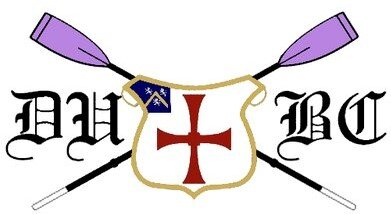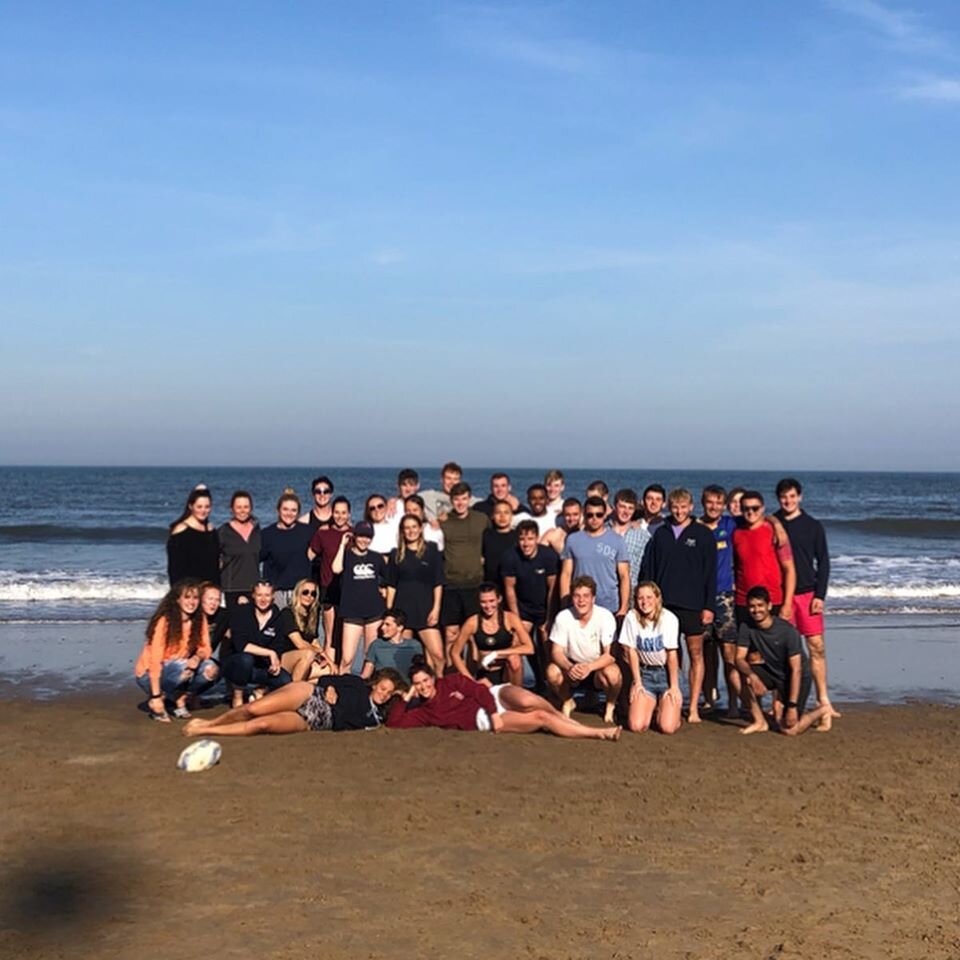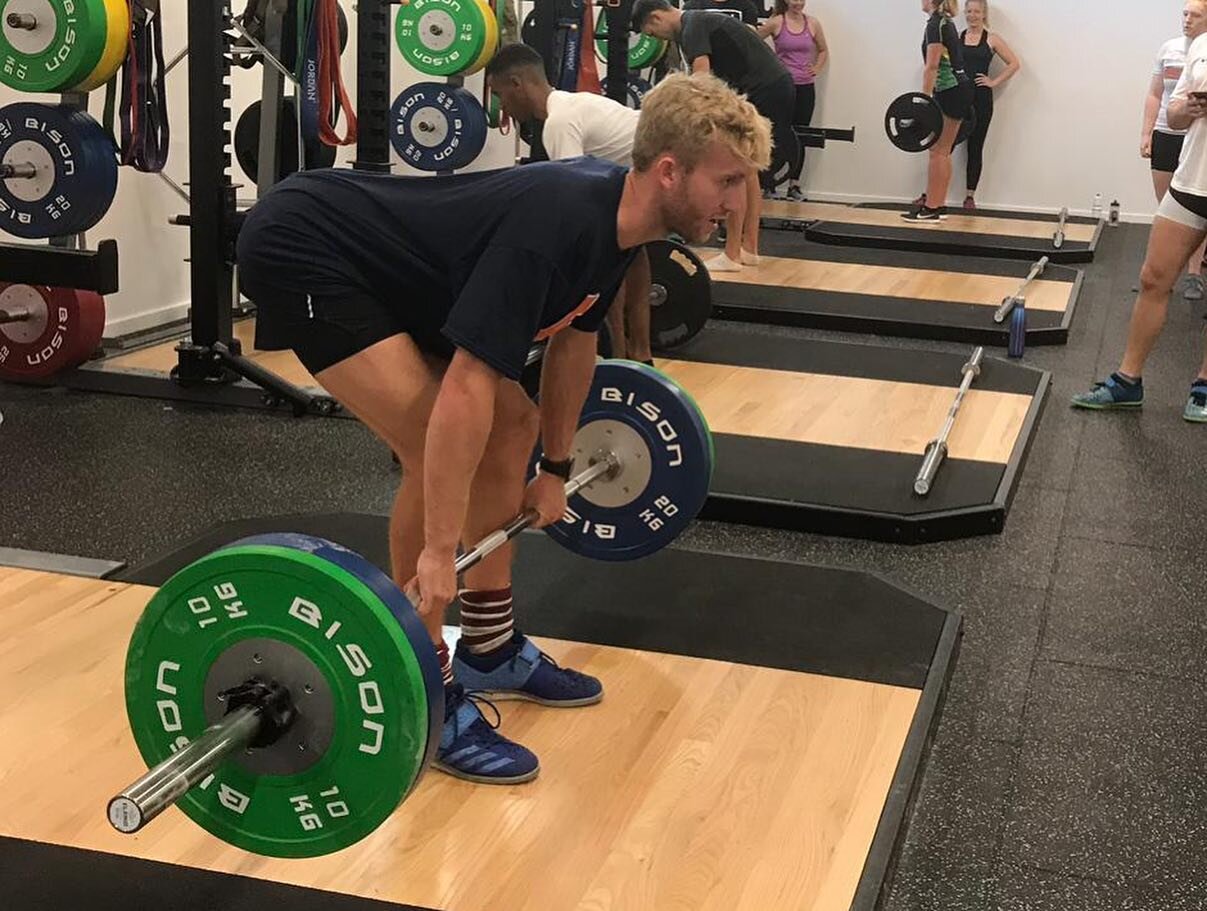Below you will find the answers to the most common questions we get about life as a Durham University Boat Club athlete. Please do contact us if you have any further questions about our club.
What does an average week of training week at DUBC involve?
Both of our Senior Squads follow the same programme of 3 ergo sessions, 3 strength and conditioning sessions and 6 water sessions per week, including two trips to our boathouse on the Tyne for training on a longer, tidal stretch of river. This is in line with the GB High Performance Programme template and adapted for the specific needs of all our rowers who study at Durham as well as train.
Our Development Squad follow a reduced version of this programme, doing 2 ergo sessions, 2 strength and conditioning sessions, 2 water sessions and 2 tank sessions per week. As The Development Squad see a large improvement over the course of a year, their training structure adapts to this, with tank sessions becoming water sessions and they begin to integrate into Senior Squad weights sessions.
All Durham University Boat Club athletes have a rest day on Sunday, which promotes time for much needed recovery, ensuring we don’t burn out or become susceptible to injury.
How close is the boathouse to the university?
Our Durham based Robert Gillespie Boat House is a 10 minute walk from the university’s Bill Bryson Library, and is on the same site as all the other Graham Sports Centre facilities (ergo gallery, Sophie Hosking tank, performance hub, cafe, showers, changing rooms, physiotherapy rooms). This is exceptionally close compared to other High Performance Programme clubs.
The boat-bay at the Tyne is just under a half hour drive from Durham, which athletes car share to, as well being able to travel in the Team Durham car and the DUBC Truck. At the Tyne, we have access to changing rooms, showers, a kitchen, and a warm, dry communal area to debrief and refuel in, thanks to our friends at Tyne United Rowing Club.
how does training fit around lectures and catered meals at college?
For the Senior Squads, training times are flexible, with multiple time slots available through the day to choose from. This means that all athletes are able to carry out their training with no detriment done to their studies. The Development Squad are also able to choose their time slots for sessions, but as they have fewer sessions per week, it is often the case that most of the time slots are outside of the 9am-6pm window that university contact time occurs, with very few lectures as late as 5pm. All of our coaching team are understanding of the position that all rowers at DUBC are in as student athletes at a top UK university in a high performance sports club, and are more than happy to help athletes manage their time commitments.
Those living in catered college accommodation will find that their training can also be fitted around college meals so that you never miss out. However if you do find yourself with a meal time clash, college catering teams are able to provide early breakfasts, packed lunches and late dinners for students who can’t get to meal times so that you can get the food you need.
Further to this, all athletes who live in catered college accommodation are able to access free breakfasts at the Graham Sports Centre cafe and can receive a double portions card for college food to reflect the demanding nature of our training programme.
what is the river like in durham?
We have the ability to train on the River Wear which has a 2.5km rowable stretch, including a 1km straight that we make use of in our weekly pieces. Durham is a beautiful city with the river running through the middle of it, making for scenic rowing. All of the Durham Colleges have boathouses lining the river, and so there are often other crews out on the water.
what boats do dubc train and race?
“Earning my Full Palatinate was a hugely proud day”
All of our athletes are able to both scull and sweep, meaning that we can put out a huge range of boats. We have successes across all boat classes year on year and find that our athletes excel across both sculling and sweeping, in all sizes of crews. At DUBC, the selection for both the Men’s and Women’s 1st VIII earns an athlete their Full Palatinate, something that is a highlight of the rowing career of anyone who earns the honour to represent the club at this level.
How Does Preseason Work?
Preseason is scheduled to begin on the 9th of September 2024. We invite all athletes to preseason who want to join DUBC. Preseason is a fantastic opportunity to integrate our new members with our returners. We run various socials over the three weeks, including a beach trip, pub nights, games on the racecourse and club nights. Our freshers are put up in college accommodation with one another and a supported during this time by a current member of the squad acting as a ‘sports warden’.
Our training varies from flexibility and mindfulness sessions to some ergo testing and water skills testing. At the end of the third week there is a 2k test, but this is used as a benchmark to train from rather than a selection tool as many of our important races are months away. In our water sessions we do some matched eight pieces, timed pieces and some fun skills testing in singles. In the weights room we build the foundation for the rest of the season, learning our key movements under the expert guidance of Jon Boyle.
Preseason is a great deal of fun and not to be feared for the small amount of testing that we do. It gives you a sense of confidence knowing your way around the city and having some great friends before term even starts.
Do you focus on sculling or sweep?
Sweeping is the main focus but DUBC prides itself on the ability of its athletes to be able to scull and sweep at a good level. We therefore run sculling and sweep alongside each other. For example, at BUCS Regatta in 2024 our Championship Men’s Quad won a bronze medal two days after winning another Bronze in the Championship Eights.
Do the Men’s and Women’s squads train together?
Our Men’s and Women’s squad train on the same programme and complete the same sessions all year round. We also have integrated socials so we are a very tight-knit squad.







